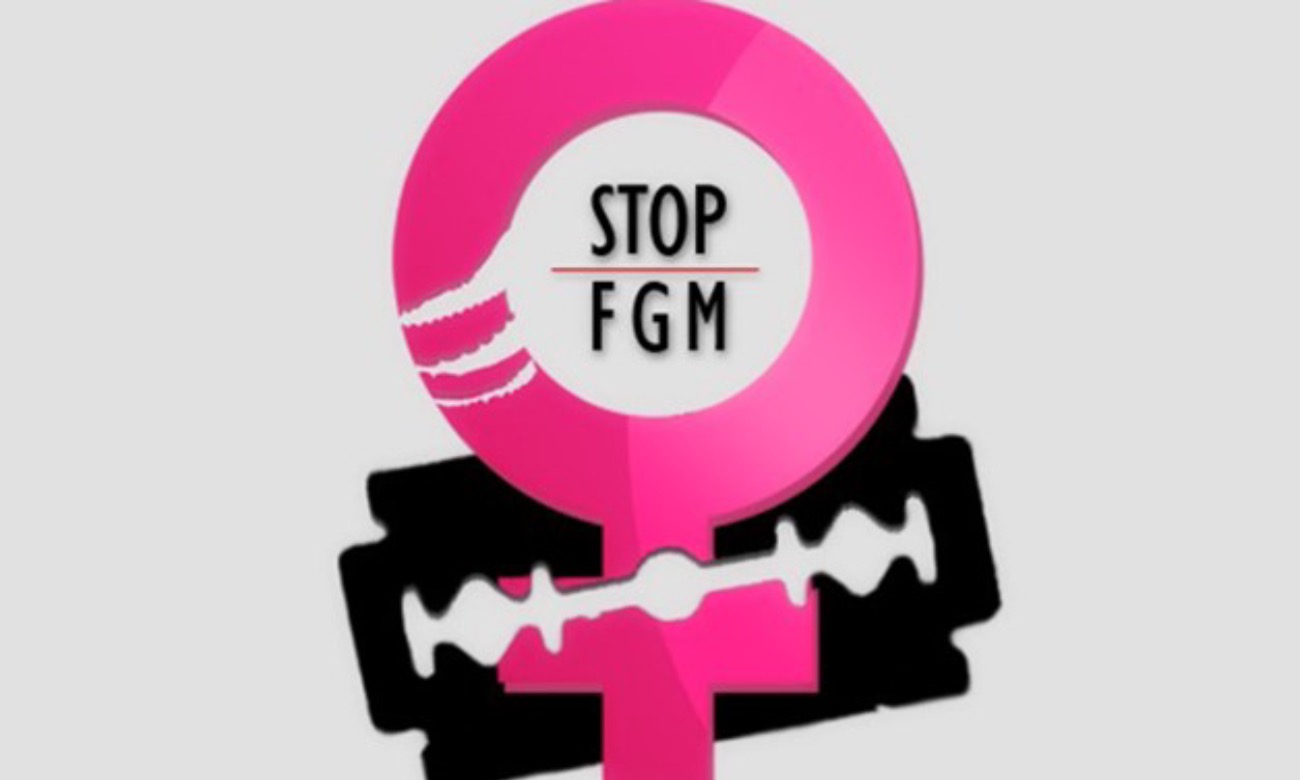By Alejandro Arcos | Published by February 20, 2020
The world’s people and their cultures contain many secrets and wonders that baffle, stupefy and amaze the populace with its intrinsic values and moral lessons. One practice, however, leaves empathetic people reeling and wincing from its mere utterance – Female Genital Mutilation, or FGM for short.

As the name implies, FGM is the act of circumcision against a female to ensure that they remain compliant with their spouse, and as a rite of passage into womanhood typically at a young childhood/teenage age and often against their will.
On Feb. 6, the Holocaust Resource Center hosted three experts at Kean University’s East Campus to discuss the issue of the United Nation’s “Zero Tolerance for Female Genital Mutilation” day. Brett Dreyer, a member of Homeland Security Investigations; Mariama Diallo, Project Director of the African Initiative; and Prisca Anuforo, Executive Director of the School of Nursing at Kean University joined together to spread awareness of the brutal practices still used to suppress women around the world. They hope awareness will lead to its abolishment.
Diallo said it is especially important for the women of Kean University to be informed because New Jersey is home to many people who may still believe in these practices and send their daughters back to their homeland for the procedure. The operation is illegal here in the U.S.

The FMG operation is as agonizing as the summary implies, especially as painkillers are rarely administered for the woman and restraints are necessary. The woman is often held down with force by family members, according to Diallo.
“There are multiple forms of FGM with varying levels of injury to health,” Diallo said.
TYPE 1 is the partial or total excision of the clitoris and surrounding prepuce (the woman’s foreskin).
TYPE 2 is the partial or total excision of the clitoris and surrounding prepuce, as well as the partial or total removal of the labia.
TYPE 3 is often regarded as the most extensive and severe form of surgical vaginal destruction, this Type’s goal is to completely seal the entire vagina with only bare minimal openings for urination and menstrual processes. Typically, this is done through cutting and repurposing the labia to form a fleshy barrier or by sewing, the vaginal walls shut through needle and thread. Partial or total excision of the clitoris and surrounding prepuce will likely also occur.
TYPE 4 is all of the above.
“The consequences of undergoing this procedure are vast and traumatizing for the women. Specifically, wound infections, chronic and severe pain, hemorrhaging, inflammatory swelling, fevers, wounds that won’t heal themselves, intense shock and deep psychological trauma are common effects felt after the operation,” Diallo said. “Death may sometimes occur.”
It also has long-term effects including crippling menstrual processes and difficult urination
Often there are complications in childbirth that can result in death for both mother and baby.
The panel went on to say that this is a violation of human rights. Why some nations continue this practice in spite of its obvious and traumatizing effects lies within the various culture of the practitioners. These reasons vary from location to location, but the primary reasons are religious beliefs, cultural loyalty, peer/community pressure and outdated patriarchal beliefs that expect women to be obedient to their husbands and have circumcision to prove it.

“Africa, the Middle East, and Asia, in particular, have the highest rates of FGM procedures done on a yearly basis, with millions of women castrated as part of their culture and religious demands,” Diallo said. “Guinea, a country in West Africa, has upwards of 95 percent of its female population circumcised in this way.”
Similarly, Sudan has upwards of 85 percent of its female population circumcised. Despite this practice being made highly illegal around the world, the tradition thrives in the criminal underground where the criminal act’s illegal state is not enforced as a crime by the law.

You must be logged in to post a comment.